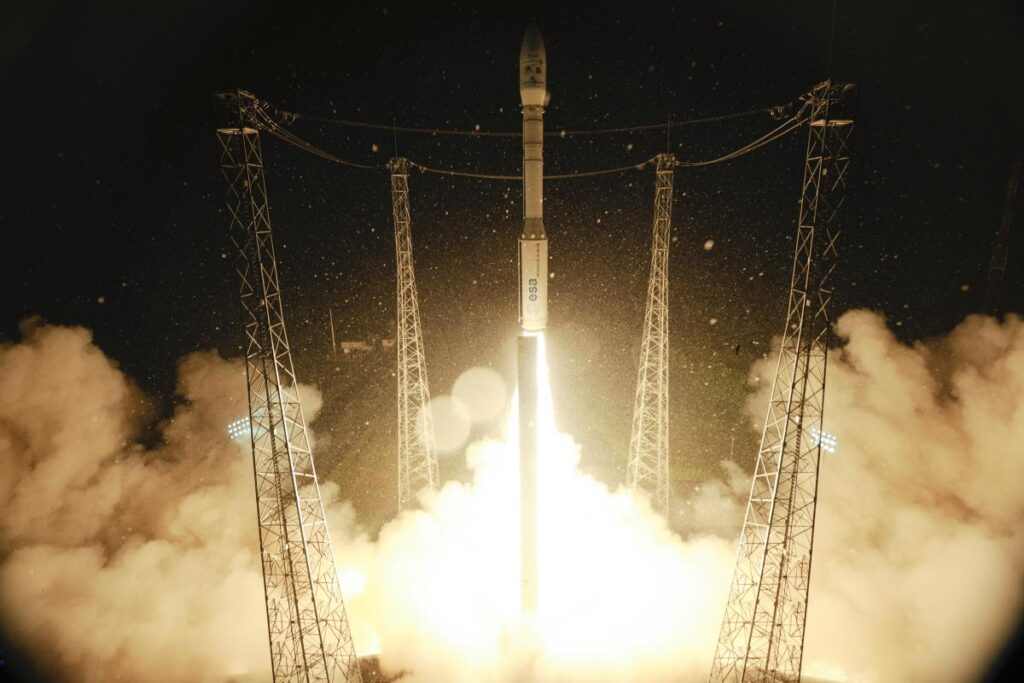42nd Pacific Coast Gravity Meeting - February 27-28, 2026 at UC Riverside
The 42nd Jim Isenberg Pacific Coast Gravity Meeting will be held on Friday, February 27, 2026 - Saturday, February 28, 2026 at the University of California, Riverside.
In the tradition of the Pacific Coast Gravity Meetings, students and postdocs are strongly encouraged to participate, and all areas of gravitational physics—classical and quantum, theory and experiment—are welcome. We would like this meeting to serve as a communication medium among all branches of gravitational physics. Because this is a regional APS meeting, many participants will be from the Western U.S., but all are welcome.
The meeting is free to attend. There is no registration fee. However, we are not able to provide financial assistance to speakers and participants. A prize sponsored by the APS Division of Gravitational Physics (DGRAV) will be awarded for the best student talk.
Registration
Please register using this registration form. For full consideration, your application should be received by 11:59 PM on February 18, 2025. Late applications will be considered at the discretion of the organizers.
The Pacific Coast Gravity Meeting has grown to the point where we can no longer promise to accommodate all requests to speak. Priority will be given to talks by graduate students and postdocs.
DGRAV Prize
A prize will be awarded for the best talk by a student at the meeting. If you are eligible (i.e., if you are a graduate or undergraduate student), please be sure to indicate that on the registration form. Detailed eligibility criteria can be found here.
Program
Below is the tenative schedule of program events. Assigned talk slots will be posted in late February 2026.
Thursday, February 26
5:00 PM – 6:00 PM Welcome Reception, University Lecture Hall (map)
6:00 PM – 7:00 PM Frontiers of Cosmology Public Lecture, University Lecture Hall (map)
Featuring APS President-Elect Brad Marston, with introductory remarks by 2017 Nobel Laureate Barry Barish
Friday, February 27
9:00 AM – 10:30 AM Session I, HUB 302 North (map)
10:30 AM – 11:00 AM Coffee Break
11:00 AM – 12:30 PM Session II, HUB 302 North (map)
12:30 PM – 2:00 PM Lunch
2:00 PM – 3:30 PM Session III, HUB 302 North (map)
3:30 PM – 4:00 PM Coffee Break
4:00 PM – 5:30 PM Session IV, HUB 302 North (map)
Saturday, February 28
9:00 AM – 10:30 AM Session V, HUB 302 North (map)
10:30 AM – 11:00 AM Coffee Break
11:00 AM – 12:30 PM Session VI, HUB 302 North (map)
12:30 PM – 2:00 PM Lunch
2:00 PM – 3:30 PM Session VII, HUB 302 North (map)
3:30 PM – 4:00 PM Coffee Break
4:00 PM – 5:30 PM Session VIII, HUB 302 North (map)
Logistics
Meeting Room
The conference will take place in the Highlander Union Building (HUB) in Room 302 North (see this campus map). Room 302 North is located on the third floor of the building (see this building map).
Conference Website
